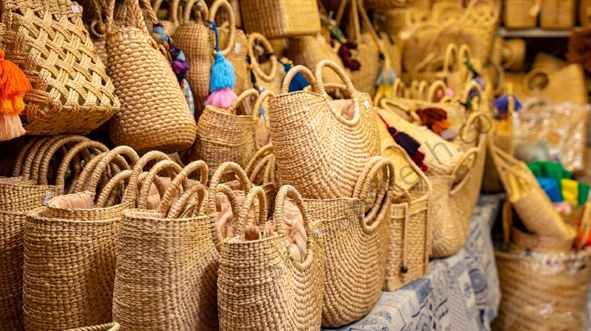Jute product makers may see good time ahead with government policy

Bangladesh’s jute and jute goods exports have been declining as buyers increasingly turn to synthetic and regenerated cotton yarn due to high domestic jute prices. The country, the second-largest jute producer globally, heavily depends on exports since domestic demand is insufficient. Export earnings from jute fell 6% year-on-year to $925 million in FY24, continuing a downward trend from $1.16 billion in FY22. In the first quarter of FY25, jute exports dropped by 20% to $178 million, with raw jute exports declining by 31% and jute yarn by 20%.
Several factors contribute to this decline. Rising local jute prices, unhealthy competition among millers, and increased demand for alternatives like polypropylene yarn and regenerated cotton in the global market are key issues. The price surge, driven by reduced jute production (down 18% in FY25) and stoker buying up supplies, has made it difficult for jute mills to remain competitive. Additionally, freight costs and limited domestic jute use further hamper the sector.
Industry stakeholders are urging the government to implement mandatory jute sack usage laws to protect the sector, which employs around four crore people. Many mills have scaled back or halted production due to rising costs and stagnant international prices.





Comment here